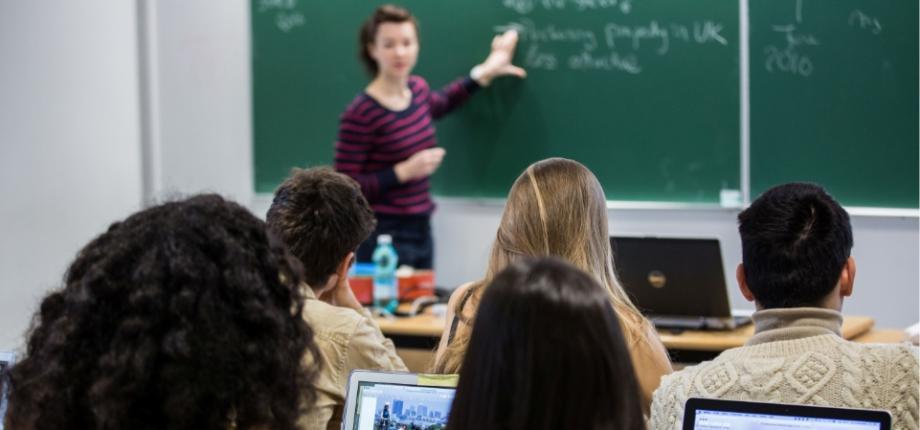Studying abroad

Academic exchange
ENSAE students can go on an academic exchange for one or two semesters in one of the school's partner universities.
See the list of partners.
These exchanges take place during the third year and the credits earned at the partner university (equivalent to 30 ECTS per semester) are validated by ENSAE Paris for the third year of the engineering program. The courses taken at the partner institution reflect both the level and the teaching areas of the specialization chosen by the student-engineer at the beginning of the third year.
Exchange visits to ENSAE Paris' European partners are eligible for the Erasmus+ program.
The International Relations Department informs and assists candidates for academic exchange visits.
Mobility leading to a degree
ENSAE Paris engineering students who have completed the first year of the engineering curriculum at the school can replace their third year with a year of training in a foreign university, at the Master's level or first year of a PhD. This is called "external schooling". Students in external studies obtain both the ENSAE Paris diploma and the diploma of the Master's program in which they are studying.
There is no a priori restriction on the foreign universities in which this schooling can take place, provided that the programs reflect both the scientific level and the teaching areas of the third year of ENSAE Paris. Mobility within the framework of external studies is validated in advance by the ENSAE Paris Studies Department.
Students applying for external studies can rely on the school's contacts and reputation with partner universities, given the recurrent admissions of ENSAE Paris students over the years, on the experience of students who have already left, and on the support of the school's teams and ENSAE-CREST's teacher-researchers (letters of recommendation). They may also propose an international training program on their own initiative, which corresponds to their individual project. This destination must then be validated by the school as an "external education".
- Germany
- Humboldt-Universität zu Berlin : Master in Economics / Master in Statistics
- Spain
- Barcelona Graduate School of Economics : Master in International Trade, Finance and Development
- United States
- Berkeley University of California : Master in Financial Engineering / Master in Mathematics in Finance
- Columbia University : Master in Financial Engineering / MSc in Data Science / MSc in Operation research
- New-York University : MSc in Finance
- Brown University : Master in Biostatistics
- Princeton University : Master in Finance
- UK
- Imperial College London : MSc in Mathematics and Finance / MSc in Computing, Machine Learning / MSc in Statistics / MSc in Risk Management and Financial Engineering / MSc in Finance
- London School of Economics : MSc in Finance
- University of Cambridge : Master of Advanced study in Mathematics
- University of Oxford : MSc in Mathematics and Computational Finance / MSc in Finance
Mobility as part of a gap year
ENSAE Paris engineering students have the possibility of taking a gap year between the 2nd and 3rd years of the engineering cycle. As part of this gap year, students may choose to spend a semester in an international university. It is then up to the students to take the necessary steps and to pay any fees associated with this mobility. Academic mobility as part of a gap year does not count towards the credits obtained for the engineering degree and is not eligible for the Erasmus+ program. The credits obtained are recorded in the diploma supplement.










